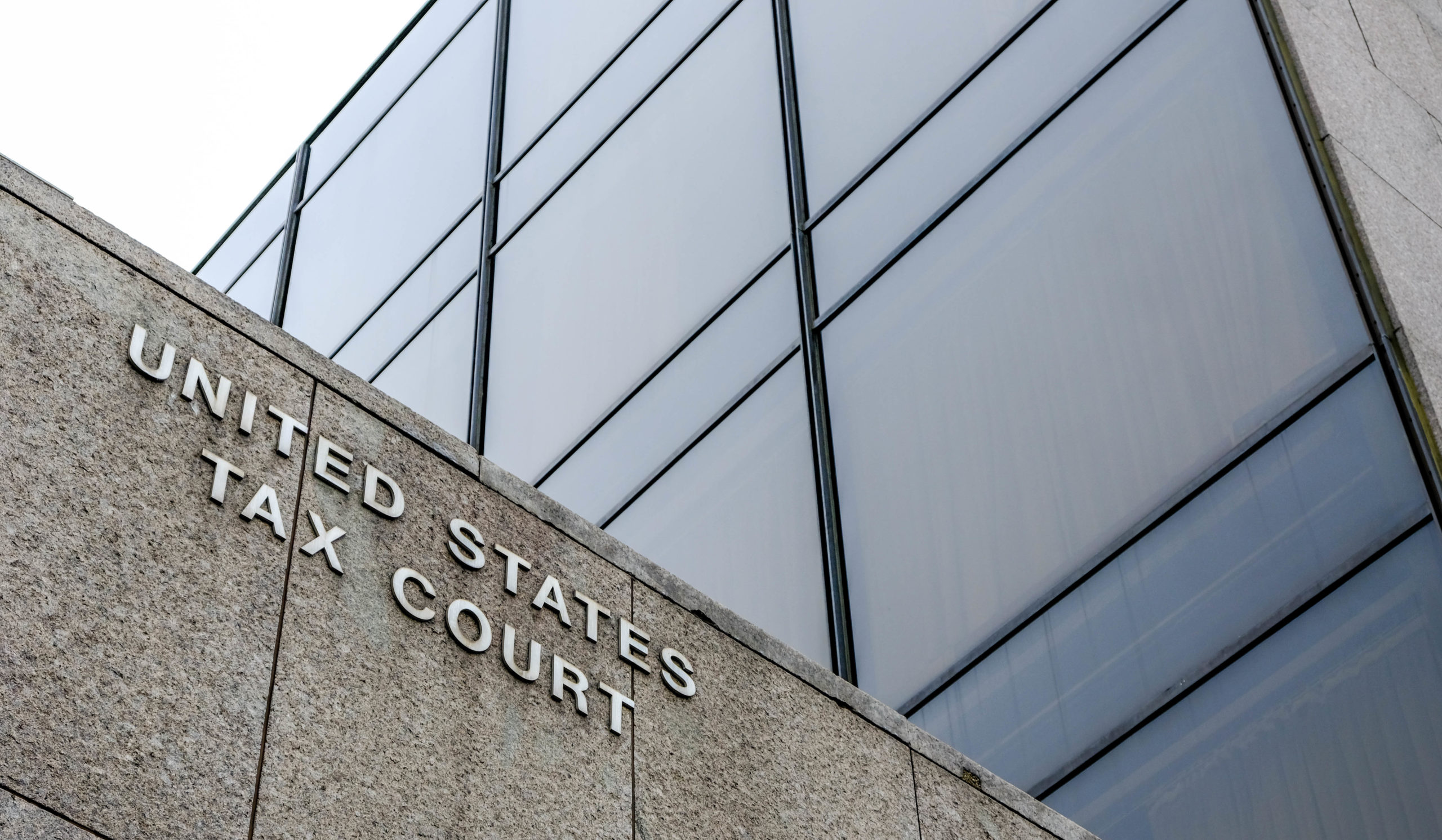
In the U.S., transfer pricing benchmarking under the Comparable Profits Method (“CPM”) or Transactional Net Margin Method (“TNMM”) depends on the availability of public company financial data. In recent years, the decreasing number of U.S. listed and non-exchange traded companies has made this benchmarking more challenging, not only due to the smaller population from which the comparable can be selected: Many of the remaining listed and non-exchange traded companies are either large companies that own intangibles or small companies that often operate at a loss. This trend should prompt transfer pricing practitioners to consider new, creative approaches in selecting comparable companies for purposes of CPM/TNMM, and in appropriate cases, to re-consider transactional or other methods that do not rely on publicly available profitability data. Further, an APA might now be a prudent choice to obtain certainty, even if APAs had not been considered necessary or worthwhile from a cost-benefit perspective in the past to mitigate tax risk.
Continue Reading The Vanishing U.S. Comparable









